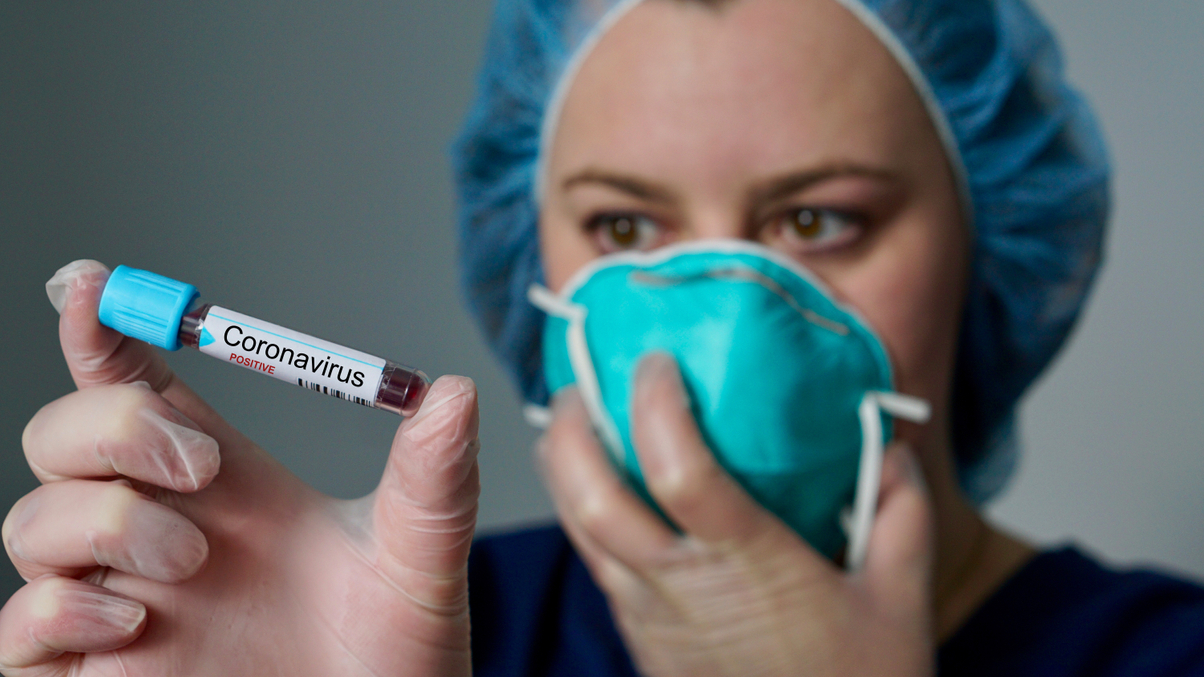Investors take risk-off approach to virus impact
It may be too soon to assess the likely effect of the Wuhan coronavirus outbreak, but investors are taking risk off the table in the short term while they hope for a swift recovery.

Despite mainland Chinese authorities' attempt to contain the Wuhan coronavirus, the disease has already spread across the Asia-Pacific region. Institutional investors see the fallout from this contagion as a major risk, at least in the short term.
Sign in to read on!
Registered users get 2 free articles in 30 days.
Subscribers have full unlimited access to AsianInvestor
Not signed up? New users get 2 free articles per month, plus a 7-day unlimited free trial.
¬ Haymarket Media Limited. All rights reserved.


